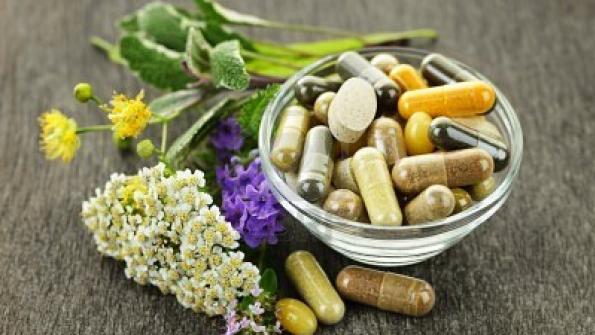DNA testing is not a panacea, it is only one aspect of a layered approach to species identification testing.
February 4, 2015

As president and CEO of BI Nutraceuticals, George Pontiakos oversees all aspects of operations for BI’s west and east coast offices, and the Zuellig Group Nutrition and Ingredients, China. Pontiakos has held senior leadership positions at several leading consulting, medical services and technology companies.
Here, he gives his two cents on how responsible manufacturers can avoid adulterated botanicals.
“DNA testing is not a panacea, it is only one aspect of a layered approach to species identification testing,” Pontiakos says. “Partnering with an ethical supplier who has the infrastructure, expertise, investment and commitment to quality is the key to avoiding any misperceptions on the safety, quality and efficacy of a product.”
"Buying quality raw material for use in dietary supplements is not a challenge if that’s what you are looking for,” Pontiakos continues. “There are reputable suppliers who control the chain of custody for our materials from the source to the receiving dock and have the capital strength to invest in exhaustive species identification testing, quality control and vendor surveillance programs. But that logically translates to a higher cost for those raw materials. If you are a manufacturer purchasing your material from a broker or for significantly under market price, you are putting yourself at risk for receiving compromised material. The cost for properly sourced and sterilized raw ingredients is nothing compared to the cost of doing damage control for a national brand.”

You May Also Like


